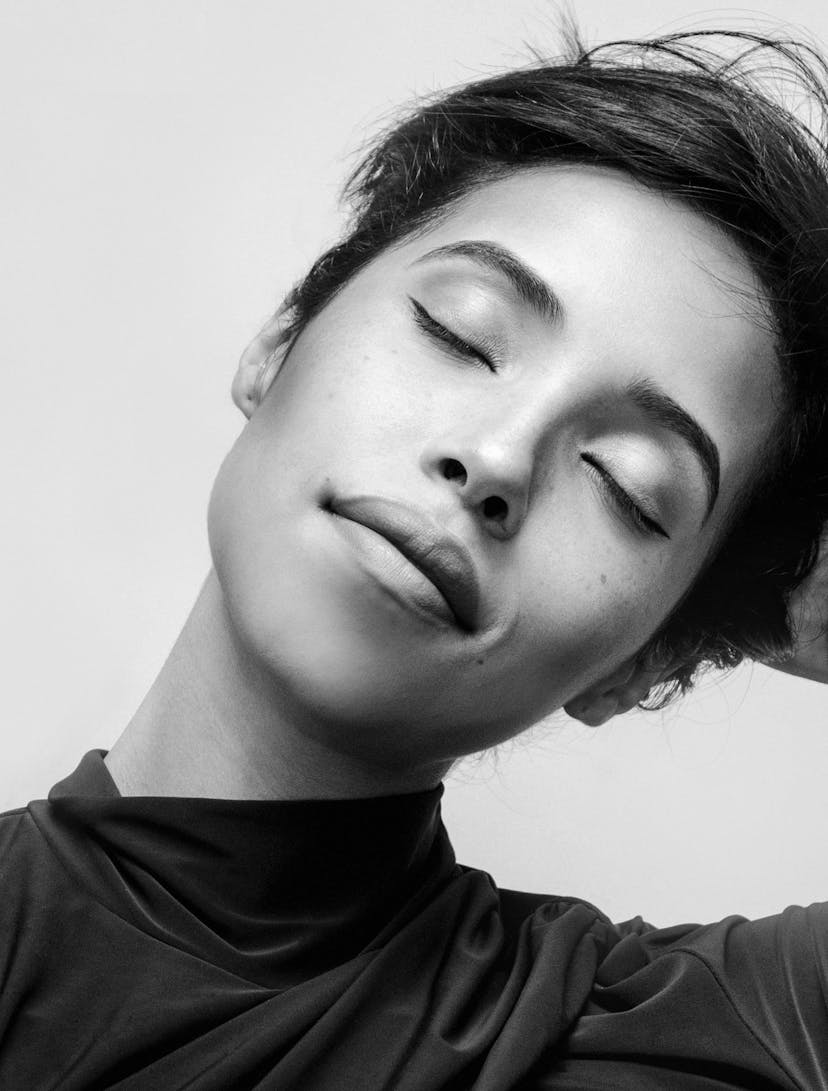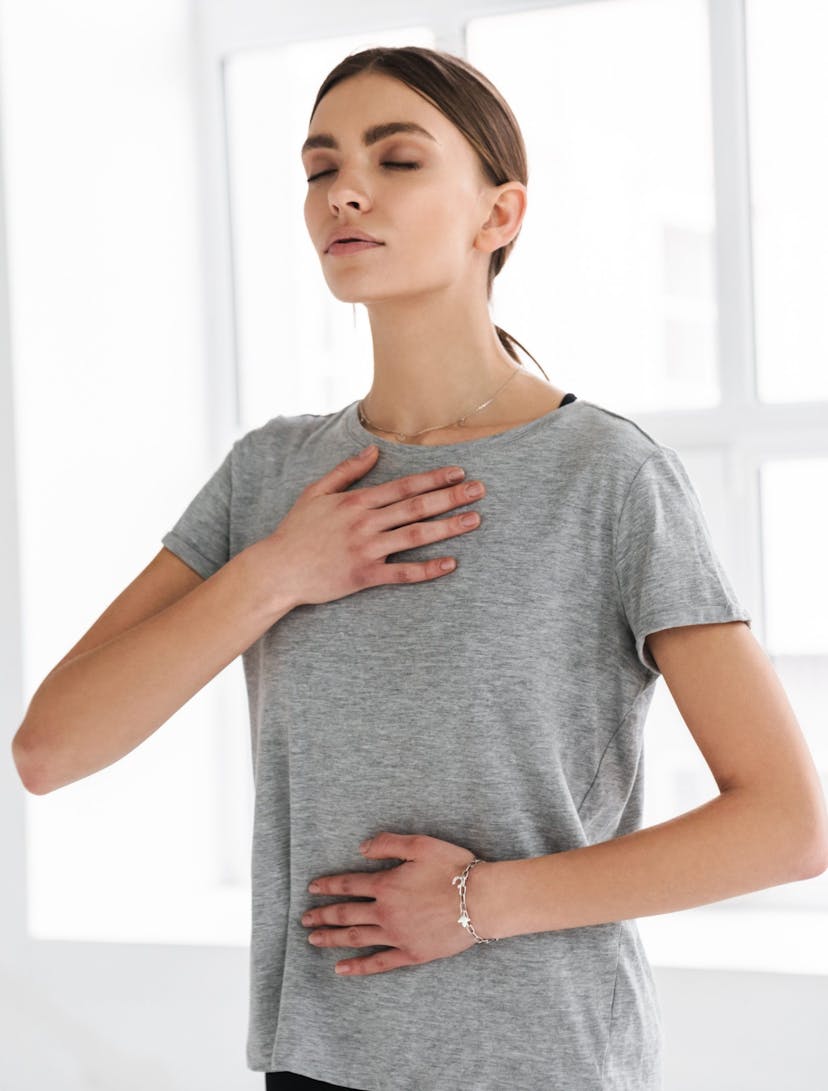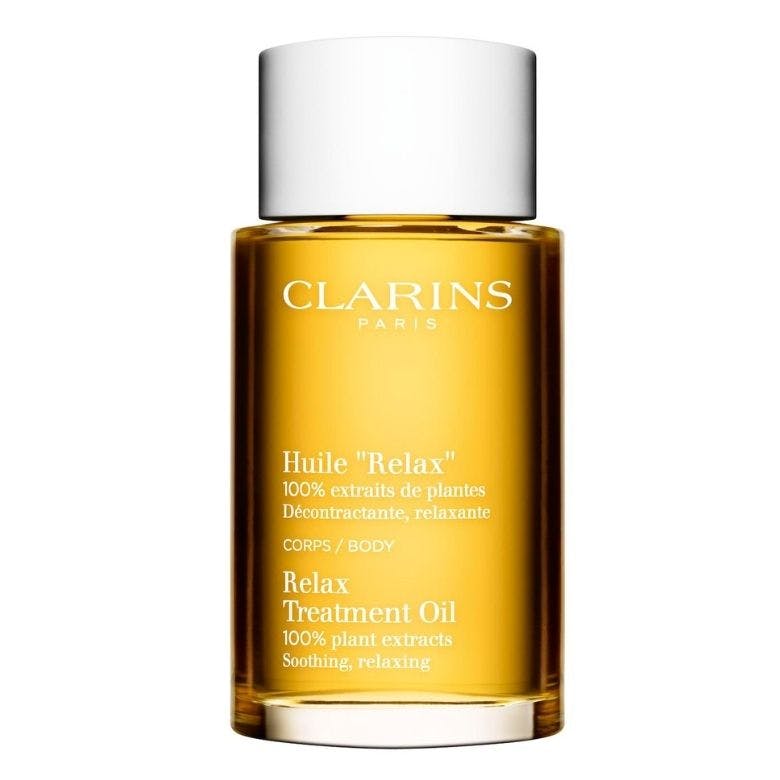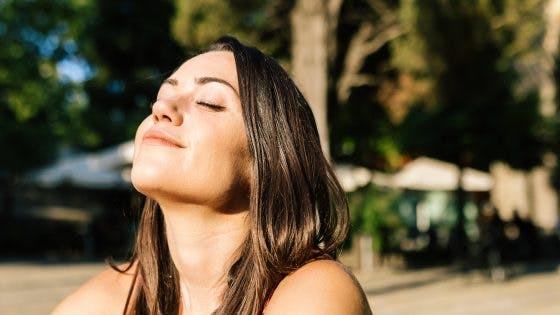Relaxation Breathing Techniques To Create Serenity
5 minutes read
Most of us underestimate the power of breathing. We constantly look for ways to improve our well-being, but it’s just a breath away. Once you learn relaxation breathing techniques, you’ll vastly improve how you feel and behave.
Charlène Gisèle Bourliout, certified health and business coach and professional biohacker, tells Beauty Daily: “Relaxation breathing is one of the best calming exercises because our breath is always with us. No matter where we are, we can control our breath and evoke deep states of relaxation on command. We don’t have to rely on gadgets, supplements or alcohol to help us relax. Through breathing alone, we can strengthen our ability to relax and improve our overall well-being.”
Here are expert-approved relaxation breathing techniques to calm your nerves, reduce stress and anxiety, and develop extra resilience and grace.
Breathing Exercises for Relaxation
We all breathe, but the way we do it makes the difference. Our breath can be one of our greatest defences against daily stress.
Let’s do a quick breathing exercise, shall we? Please take a deep breath slowly through your nose, filling your chest and belly and let it out. Within a matter of seconds, you will feel more relaxed.
Experts say that when we take deep breaths, we signal to the brain and body that we’re safe and that it’s okay to calm down. Conversely, when we breathe shallowly and fast, our nervous system feels tense, anxious and low energy.

What are the benefits of relaxation breathing?
- Reduces stress, increases calm
- Boosts immunity
- Increases energy
- Improves digestion
- Lowers blood pressure
- It helps manage symptoms of depression and anxiety
- Reduces muscle tension and relieves pain
- Improves sleep
“Relaxation breathing has so many benefits, but the most important benefit for myself and my clients is its ability to help us move out of the fight or flight response (sympathetic nervous system) into rest and digest (parasympathetic nervous system),” says Katie Maycock, stress and burnout specialist and founder of OMNIA Wellbeing.
She adds: “When we feel stressed, nervous, or anxious, our body is priming itself to either fight or run away. This automatic, anxiety-inducing physiological response requires effort to come down. The best way to do that is to breathe.
Relaxation breathing is a great practice to help us relax in highly stressful situations. In addition, it can help ease the physical response that comes with stress and anxiety.”
What is the most relaxing breathing technique?
This is entirely subjective. Along the way, you will find your preferred relaxation breathing technique and rhythm. It will come as second nature.
Experts say any technique would work just as long as you focus on breathing and finding the one you like and use consistently. Usually, breathwork floods the brain with oxygen and removes more significant amounts of carbon dioxide.
A scientific experiment shows that CO2 inhalation significantly increased state anxiety and fear and symptoms of panic in patients with panic disorder.
“I recommend that my clients practise deep breathing for three minutes, as it is the minimum effective dose to feel the benefits. Over time they aim to build up to five minutes, with the ideal goal being to reach 20 minutes, which supercharges their relaxation,” Bourliout says.
She adds: “We can turn any breath into a relaxing breath by ensuring our exhale doubles the length of our inhales. So, for example, if you breathe in for three seconds, you would lengthen your exhale, so it takes six seconds.”
How often should you use deep relaxing breathing techniques?
Many relaxation breathing exercises will take only a few minutes. But the more often you practise, the more benefits you get. The calming and meditative effects can be rewarding when repeated throughout the day. You can start twice daily and work your way up as needed.

What is the 4-7-8 breathing technique?
If you find it hard to switch off at night or want a more peaceful slumber, you can employ the 4-7-8 breathing technique, also known as the ‘relaxing breath.’
“This breathing technique is akin to a natural tranquilliser in its ability to relax our mind and body. The four represents a four-second inhale. The seven represents a seven-second breath hold, and the eight represents an eight-second exhale,” explains Bourliout.
- Start by breathing in for four seconds
- Hold your breath for seven seconds
- Then exhale for eight seconds
- Repeat these steps for three minutes
If you want long-lasting and life-changing results, perform the ‘4-7-8’ breathing technique regularly and consistently—ideally, twice a day.
Rule of five breathing
Maycock, on the other hand, swears by a relaxation breathing technique called The Rule Of Five.
- Breathe in for five seconds (focus on breathing deep into the stomach, not the chest)
- Hold that breath for five seconds
- Breathe out for ten seconds. Repeat this as many times as you need
Maycock suggests trying 3-3-6 using the same procedure if this is too challenging.
Use essential oils

Accompany your deep breathing sessions with essential oils. If you need a boost of confidence, use Eau Dynamisante £39. Just a few spritzes on the chest or neck with some deep breathing will help you relax and calm your mind.
It contains essential ginseng oil, which is proven to uplift and increase energy. In addition, patchouli provides feelings of relaxation and helps ease stress, while the lemon essential oil helps boost the happiness hormone serotonin.

At night, wind down using the Relax Treatment Oil, £43. It has chamomile oil that can soothe a stressed nervous and digestive system. Take a few drops, warm the oil and palms in front of the face, take a long, deep breath through the nose, then exhale fully through the mouth. Relax.
Read next: The Best Relaxing Essential Oil Blends For De-Stressing Your Day
Sign up for our newsletter
We will keep you in the loop for special offers, exclusive gifts and product news.

